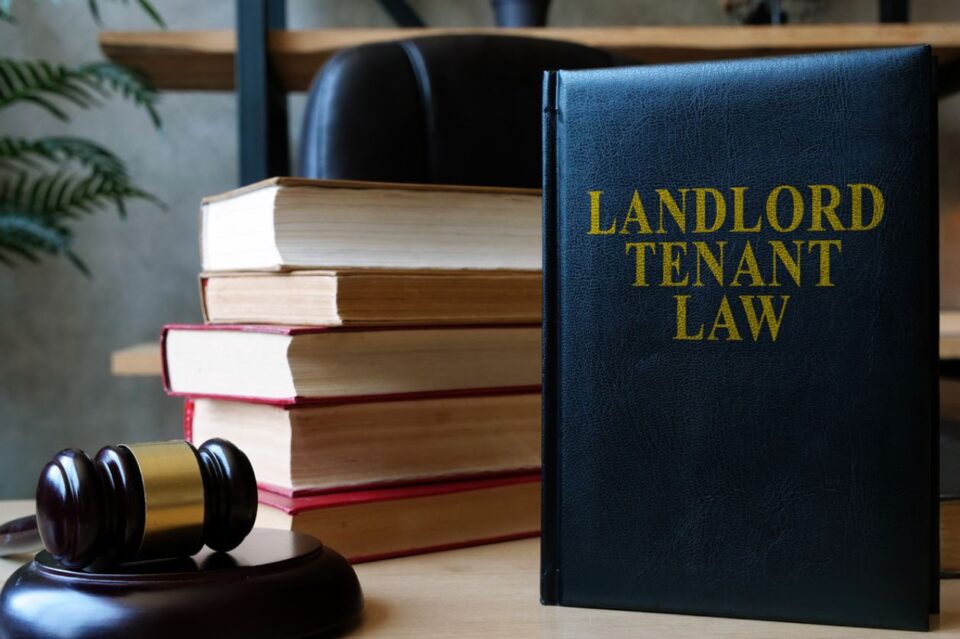Three New Laws Impacting Residential Landlords in Illinois

Each new year brings forth a wave of laws that take effect as of January 1st. While most of the media attention this year went towards coverage of new laws such as guaranteed paid leave, restrictions on video calls in cars or bans on book bans, it’s crucial to note that several new laws significantly impact residential real estate. For Illinois residential landlords, staying abreast of these changes is pivotal. Here are three significant legislative updates that took effect on January 1, 2024, impacting various residential lease arrangements, including multi-family properties, single-family homes, and small-scale landlords engaged in leasing or subleasing condominium or apartment units.
Electronic rent payments
Pursuant to HB1628, residential landlords cannot require tenants to pay rent via electronic payment. If a tenant wants to pay their rent by check or some other permissible method, they cannot be forced to change. Violations of this law are deemed an unlawful practice under the Consumer Fraud and Deceptive Business Practices Act.
Security Deposits
SB1741 modifies the Illinois Security Deposit Return Act, extending its application to all landlords, including landlords of residential properties with fewer than five units. Previously, the Act only applied to landlords of residential properties with five or more units. With the changes, all Illinois residential landlords must provide tenants with itemized statements of damage within 30 days after the residential tenant vacates the property or the date tenant’s right of possession ends, whichever is later, and return the deposit or portion thereof within 45 days after the tenant vacates. Landlords must be mindful of any local or county ordinances that might augment security deposit requisites and timelines or impose additional obligations.
Landlords who refuse to supply the itemized statement, supply the statement in bad faith, or fail/refuse to return a tenant’s security deposit must pay damages equal to twice the security deposit amount, plus court costs and reasonable attorney’s fees.
Heating and Cooling Systems
HB2562 amended the Landlord and Tenant Act to require landlords of residential rental property with a cooling system or heating system or both serving the entire building or premises, including individual units, to comply with specified temperature standards. If the building or premises does not have a building-wide or premises-wide cooling system that serves individual units, then the landlord must provide at least one indoor common gathering space with a cooling system that operates when the heat index exceeds 80 degrees Fahrenheit, with all occupants or tenants of the building or premises having free access to that cooled space. Currently, these requirements exclusively apply to residential rental property limited to persons 55 years or older.
Similarly, HB2562 also amended the Illinois Condominium Property Act (ICPA) and Common Interest Community Association Act (CICAA) to the temperature control requirements for condominium and community associations “in which the initial declaration limits ownership, rental, or occupancy of a unit to a person 55 years of age or older.”
If you have any questions about the new requirements for residential landlords, please don’t hesitate to reach out to a member of LP’s Real Estate Group.
Filed under: Real Estate
Related insights
September 18, 2024
CFIUS Is Not a Flu Strain: When Commercial Real Estate Transactions May Require Additional Regulatory Review
Read MoreDecember 20, 2023